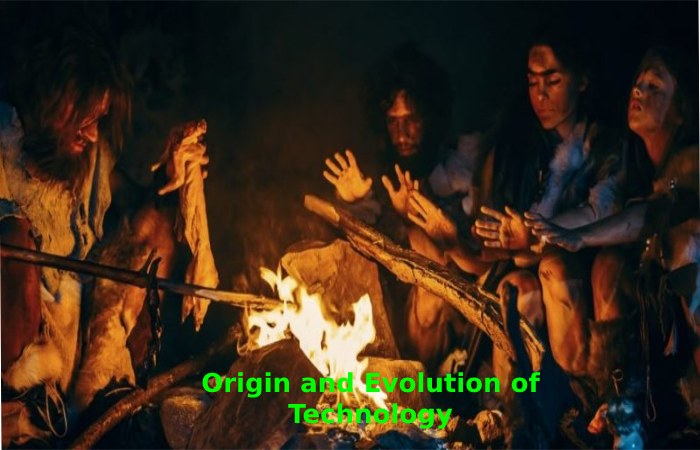Table of Contents
Introduction
The application of scientific knowledge for the practical ends of human life, or as it is sometimes called, to alter and manipulate the human environment. Technology is the body of scientific concepts and knowledge that people use to achieve a specific goal, which may be the solution to a particular problem faced by individuals or the satisfaction of some of their needs. It is a broad concept encompassing various aspects and disciplines within electronics, the arts, or medicine. For example: include creating robots to automate repetitive tasks or animal cloning.

Types of Technologies
Technology can be categorized in different ways depending on the characteristics taken into account.
Depending on the type of product
Hard Technologies
They use elements of the natural sciences such as engineering, mechanics, mathematics, physics, and chemistry. The product obtained is visible and tangible; it is the production of material goods—for example, the development of a mobile device.
Soft Technologies
They are based on the humanities or soft sciences, such as sociology, psychology, and economics. In general, they serve to improve processes and achieve greater efficiency in institutions or companies. The product is not visible or tangible because it involves developing services, strategies, and theories, for example, software development. According to American sociologist James David Thompson:
Flexible Technologies
They are used in different fields, meaning they have multiple uses. For example, the electronic chip used in phones and computers.
Fixed Technologies
They are used to manufacture a specific product or in a particular area. These are technologies design and manufactured for a purpose. For example, rat poison is only used to eliminate said animal.
Origin and Evolution of Technology

Through the different ages of humanity, discoveries have changed the way people relate to themselves and the environment around them:
Stone Age
It is characterized by the use of stone to make utensils and the development of farming with rudimentary farming tools. Fire innovation was one of the first technologies that brought remarkable benefits to humans.
Age Of Metals
It is characterized by the development of agriculture, the domestication of animals, and the transition from nomadic to sedentary life. The foundry for copper, bronze, and iron develops. Egyptian civilization is indorsed with the discovery of papyrus and pottery; the Romans developed sophisticated agriculture, upgraded iron-working technology, and developed construction and military engineering; Chinese culture is credited with discovering the paper, iron plow, compass, propeller, crossbow, and gunpowder.
Middle Ages
The appearance of modern book printing was one of the most important milestones of this period.
Industrial Revolution
It was an era of social, economic, technological, and cultural change, marked by the development of an urban and industrialized economy. One of the most notable inventions of this period was the steam engine. In the 19th century, the telegraph, the light bulb, the telephone, and also the automobile came into being.
Twentieth Century
There was tremendous technological development with discoveries such as airplanes, radio, television, and computers and significant advances in nuclear technology, medicine, and space technology. This century saw the Information and Telecommunications Revolution or Information Age (1985-2000).
XXI Century
Technological advances (also known as the Science and Technology Revolution or the Intelligence Revolution) have been developing rapidly. Technology and communication are changing the industry. New technologies are those that emerge after World War II. Its rapid growth and also integration into society had significant consequences. There is an absolute risk that humans can control and master them.
Importance of Technology
The discoveries and the form of new tools as a result of technology have been the key to the development of people and societies. Technology brings excellent discoveries that improve production, save time, increase the quality of life, facilitate life in the community, shorten distances, and also learn to know the planet.
Technology arose as a need for human beings to satisfy individual and collective desires, using scientific knowledge and techniques to solve problems and meet their needs. It has allowed man to fully understand and modify the environment surrounding him to achieve his goals; Over the centuries, man has invented limited tools to improve his way of life.
Conclusion
The idea of technology remains often confused with that of science. On the one hand, science is a systematic body of knowledge gain through observation and experiment. On the contrary, technology takes expertise and techniques from various sciences to develop tangible and intangible goods or services that donate to human development.

![What is Technology? – Types, Origin, and More [2023]](https://www.webcomputertech.com/wp-content/uploads/2022/09/Technology-1200x675.jpg)